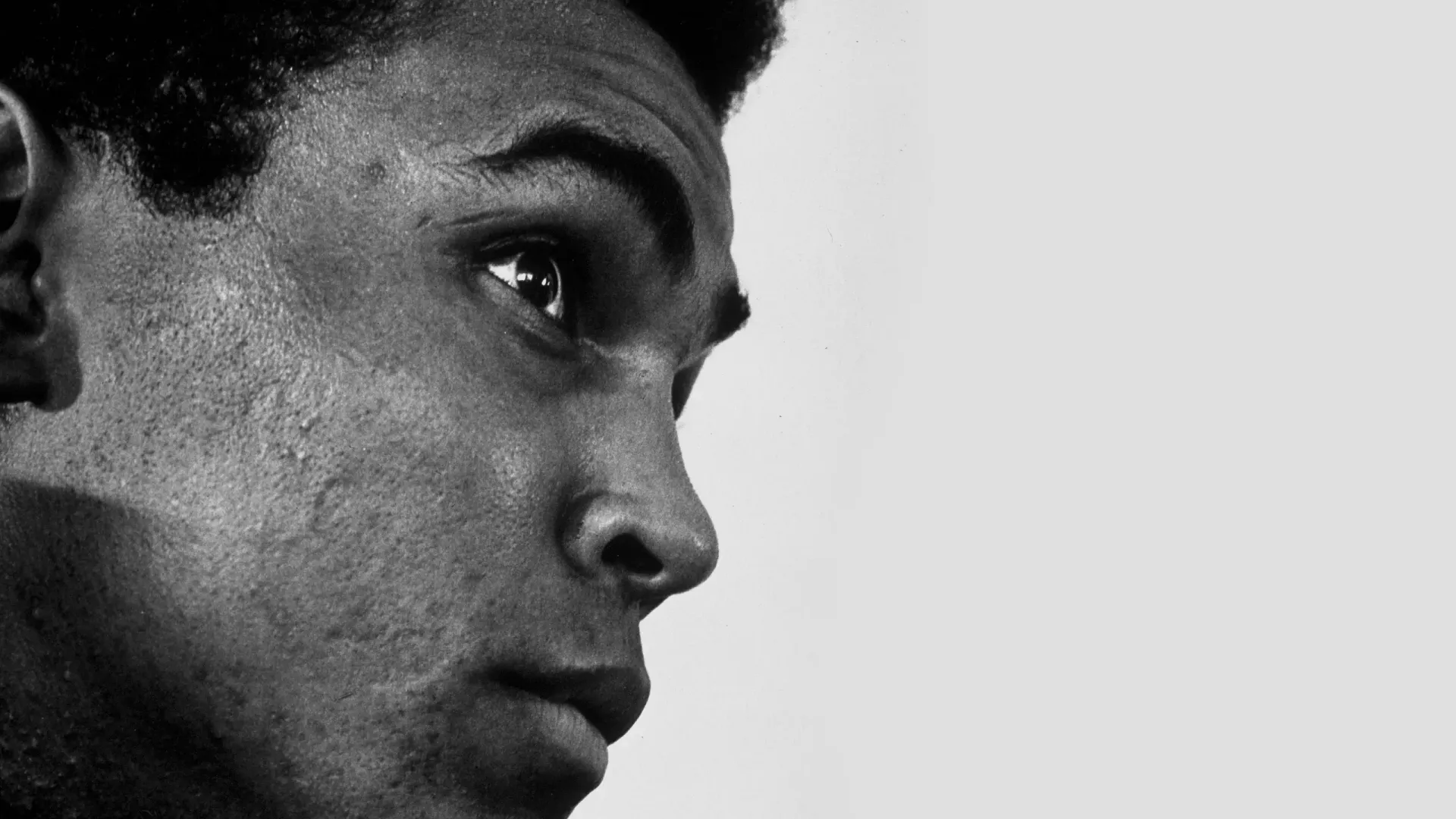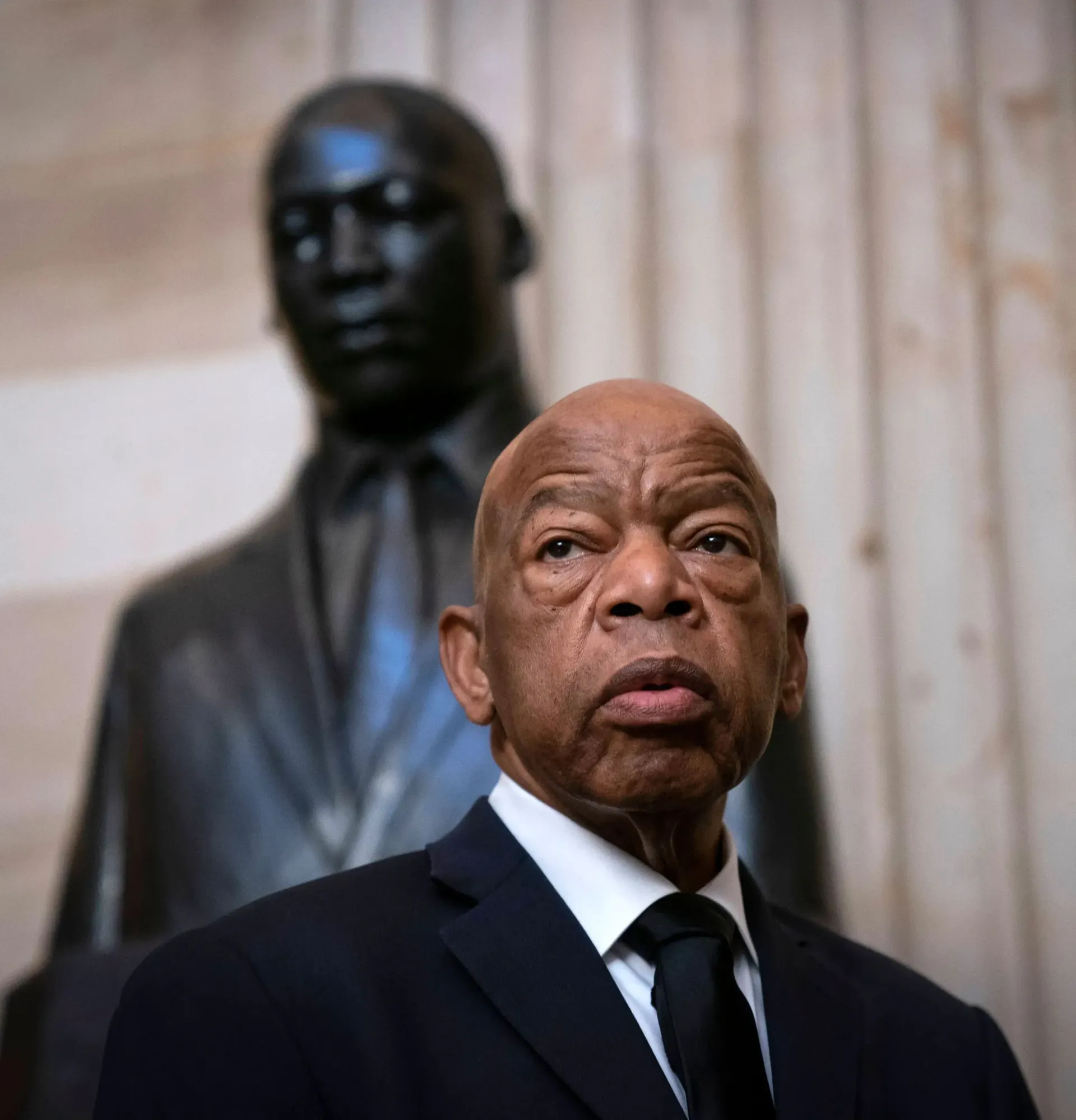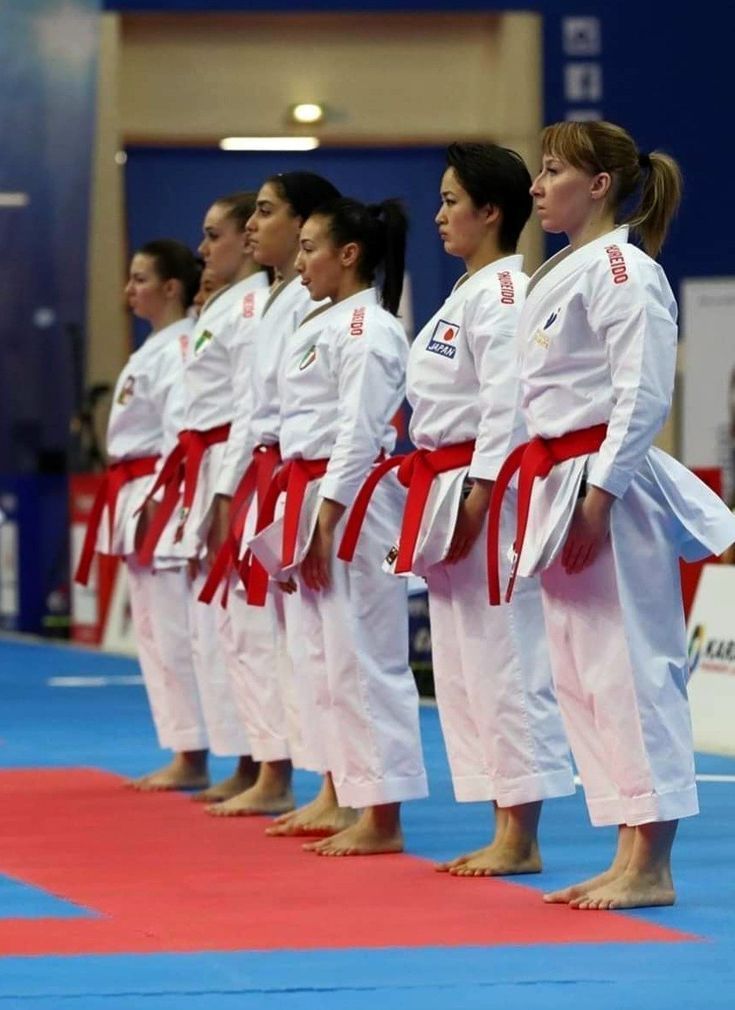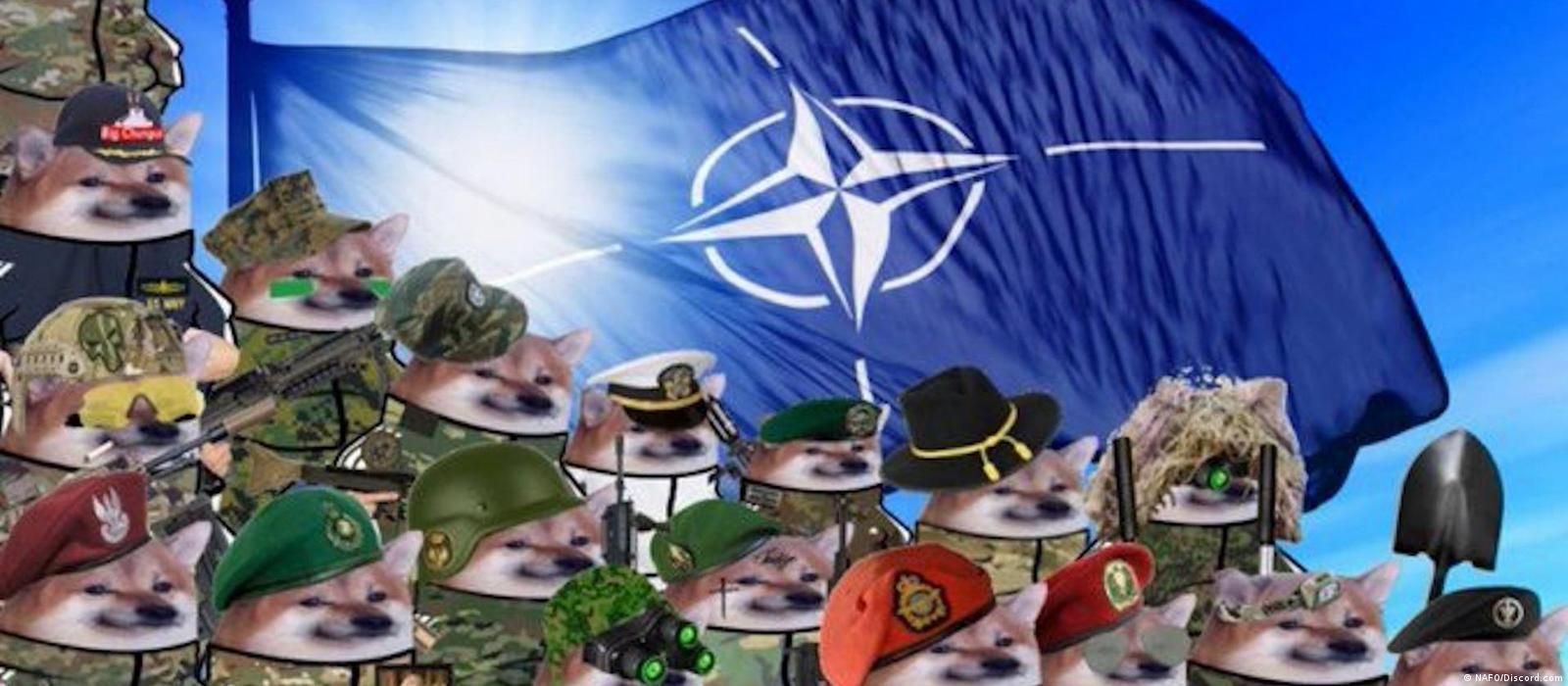The Codex Blog
Search the Blog

In a world seeking universal ethical principles, the Codex Commonwealth has emerged as an Oath Confederacy dedicated to discovering "The Codex" – a universal code of virtues defining what it means to be a "good human." Central to this pursuit is The League of Champions, a global assembly of extraordinary professionals who pledge to contribute their expertise and embody the virtues enshrined in The Codex.
This elite collective transcends borders, uniting lawyers, doctors, educators, and experts across disciplines. Chosen through a rigorous process assessing reputation, merit, and ethical conduct – not wealth – League members vow to uphold The Codex's principles, serve as role models, and mentor future generations. With an unwavering commitment to virtue, The League of Champions stands as a transformative force, shaping a paradigm where universal virtues guide personal, professional, and societal conduct.

This essay examines the transformative power of steadfast courage in the context of dignity, racism, and justice, through the lives and legacies of John Lewis, Martin Luther King Jr., and Nelson Mandela. Highlighting their commitment to nonviolence and moral principles, it reflects on how their struggles and leadership advanced human rights and equality. Their examples underscore the ongoing need for courageous action against racism and for justice, urging contemporary society to continue their work. The essay emphasizes that the fight for a fairer world requires unwavering dedication to dignity and the collective effort to overcome systemic injustices.

The Benefits of Challenging our Youth to Excellence The Odlikaši: Real-World Daniels Among Us In every community, certain children stand out. Not through wealth or connection, but through a quality of character that seems to radiate from within. They excel academically while maintaining genuine kindness. They pursue martial arts with discipline yet help younger students without being asked. They practice their instruments with dedication then use their skills to bring joy to nursing homes. In Croatian culture, we call them odlikaši (oh-d-lee-kah-shee) - the distinguished ones. The word stems from odlično, meaning excellent or stellar, but crucially also "cool" - because these youth enjoy not just admiration and respect, but genuine privileges earned through demonstrated discipline and trustworthiness. To understand odlikaši, consider Daniel from The Karate Kid - a character who resonates across generations precisely because he embodies these qualities. Not the strongest or most naturally gifted, Daniel becomes exceptional through discipline, respect for his teacher, loyalty to friends, and courage to stand against bullies despite personal cost. He trains not for dominance but for self-improvement and protection of others. He wins not just tournaments but respect through how he conducts himself. Imagine a world where more children developed like Daniel - where quiet determination, respectful behavior, and moral courage were the norm rather than the exception. This is what odlikaši represent: real-world Daniels who prove such character is not Hollywood fantasy but achievable reality. The modern parenting paradigm has drifted toward comfort as the highest good. We cushion every fall, negotiate every standard downward, and mistake busy schedules for meaningful development. We've confused love with the absence of struggle, creating a generation that expects reward without effort, achievement without adversity. This soft bigotry of low expectations does more damage than any harsh word ever could. Worse, it squanders the one opportunity we have to shape truly capable minds and imprint the values that create good people. What would our communities look like with more young people like Daniel? Picture schools where students naturally help struggling peers without being asked, where bullying withers because bystanders possess both courage and capability to intervene. Imagine youth sports where players help opponents up after hard contact, where winning with honor matters more than winning at any cost. Envision neighborhoods where teenagers check on elderly residents, not for service hours but from genuine care cultivated through years of character development. This is not utopian fantasy - it is the natural result when we raise children to be odlikaši.

This essay explores the dynamics of leaderless organizations, exemplified by the North Atlantic Fella Organization (NAFO), which unite around common values rather than hierarchical structures. It delves into the philosophical foundations, organizational strategies, and inherent challenges of such groups, emphasizing the importance of shared values, decentralized decision-making, and digital communication for their success. The piece highlights the necessity of self-policing and accountability mechanisms in maintaining coherence and integrity within these collectives. Moreover, it discusses the potential of leaderless organizations to evolve into influential global movements, provided they can balance scalability with the preservation of core principles.

This essay explores the need for a new form of nobility in the modern world, rooted in universal principles of honor and integrity, inspired by historical figures like samurais and fictional characters like Superman. It proposes a codex of conduct based on respect, empathy, communal responsibility, and courageous leadership, applicable to all individuals regardless of background. Highlighting the importance of ethical behavior in addressing contemporary challenges, the essay calls for a cultural shift towards collective well-being and ethical leadership, emphasizing the role of education, institutions, and personal reflection in cultivating a society guided by these renewed principles of nobility.






